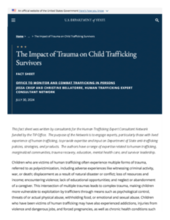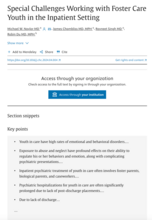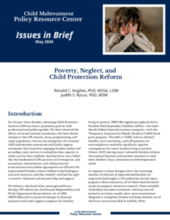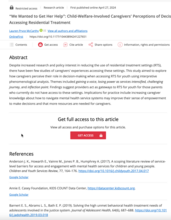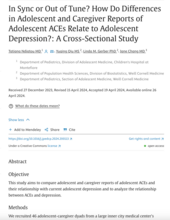Displaying 71 - 80 of 2221
This fact sheet was engages with experts, particularly those with lived experience of human trafficking, to provide expertise and input on the U.S. Department of State anti-trafficking policies, strategies, and products. The authors have a range of expertise related to human trafficking, marginalized communities, trauma recovery, education, mental health care, and survivor leadership.
From 1819 to 1969, tens of thousands of children were sent to more than 500 boarding schools across the country, the majority run or funded by the U.S. government. Children were stripped of their names, their long hair was cut, and they were beaten for speaking their languages, leaving deep emotional scars on Native American families and communities. By 1900, 1 out of 5 Native American school-age children attended a boarding school. At least 80 of the schools were operated by the Catholic Church or its religious affiliates.
This article details the authors' findings that provide the first description of foster care trajectories in the US. Both practice and policy formulation can benefit from these empirically supported descriptions. Using such trajectory typologies, researchers can now explore how trajectories may predict wellbeing outcomes.
This article details to unique challenges faced by youth in care in the US when receiving inpatient treatment and how that varies in several ways from the care of non-foster care youth. Children in care have more medical, behavioral, and psychiatric problems and require health care at higher rates than youth not engaged in the child welfare system.
This webinar aimed to create space for reflection on how child rights, parental rights, and family values intersect within faith communities and in public discourse.
This webinar aims to create space for reflection on how child rights, parental rights, and family values intersect within faith communities and in public discourse.
The purpose of this document is to explore why and how Child Protective Services (CPS) evolved from a highly specialized system designed to investigate and respond to allegations of serious child abuse and neglect to a system expected to provide social services and material supports to impoverished families unable to meet their children’s basic needs.
This U.S.-based study aimed to explore how caregivers perceive their role in decision-making when accessing residential treatment settings (RTS) for youth using interpretive phenomenological analysis.
The purpose of this U.S.-based study was to compare adolescent and caregiver reports of adolescent adverse childhood experiences (ACEs) and their relationship with current adolescent depression and to analyze the relationship between ACEs and depression.
Human trafficking and migrant smuggling are multi-billion-dollar businesses that have changed dramatically in recent years, driven by global challenges such as war, large migration and refugee flows, cybercrime, climate change and the COVID-19 pandemic.

